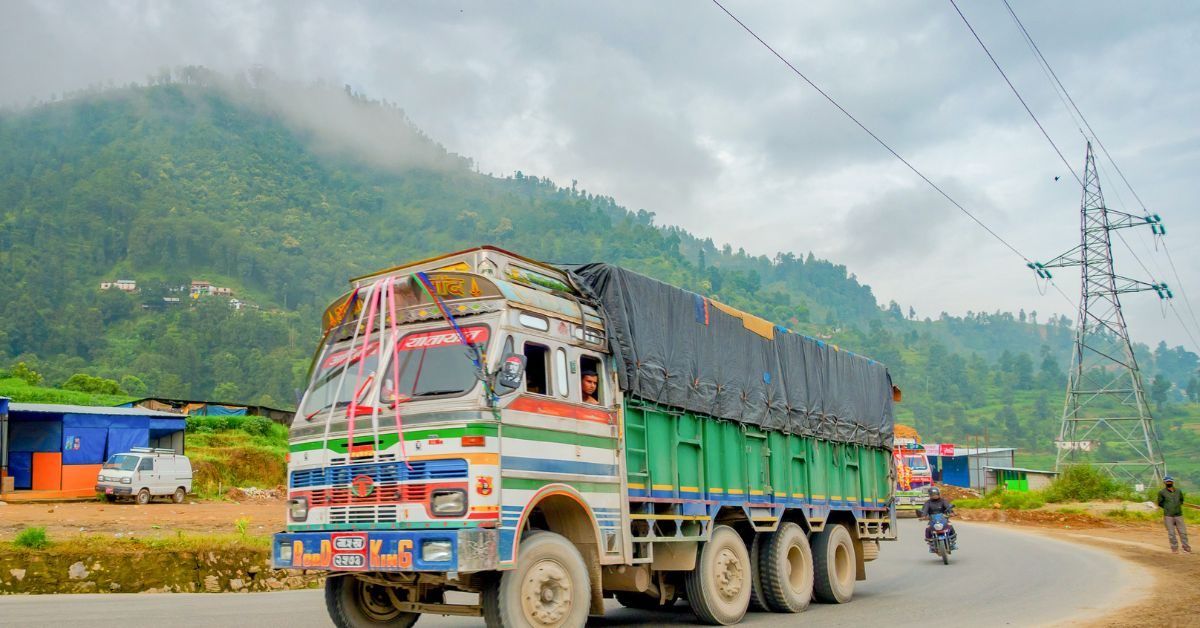A state government can impose lumpsum road tax on all public transport vehicles to augment infrastructure facilities and such levy is regulatory.
The HC had also ruled that the imposition of additional special road tax on transport vehicle used without a valid permit is not a tax but a penalty and is ultra vires the legislative powers of the state legislature under Entries 56 and 57 of List II (the State List) of the Seventh Schedule to the Constitution
The Supreme Court (SC) on Friday held that a state government can impose lumpsum road tax on all public transport vehicles to augment infrastructure facilities and such levy is regulatory and compensatory in nature and, therefore, within the competence of a state legislature. It ruled that state legislatures not only have the power to make laws on the taxation to be imposed on motor vehicles, but also have the power to lay down principles on which such taxes are to be levied.
A bench comprising justices Sanjay K Kaul, Abhay S Oka and Vikram Nath, while ruling in favour of the state of Himachal Pradesh, set aside the state high court’s judgment that gave a contrary view. The high court had quashed the state government’s notifications issued in 2000 for levy of lumpsum taxes, holding that it could not be levied on general assessment but as per actual default.
The HC had also ruled that the imposition of additional special road tax on transport vehicle used without a valid permit is not a tax but a penalty and is ultra vires the legislative powers of the state legislature under Entries 56 and 57 of List II (the State List) of the Seventh Schedule to the Constitution.
“This is a landmark judgment that recognises the power of the state to impose taxes for its development. This judgment will help the state to impose taxes for developing road and transport infrastructure. Now the state will be able to recover crores of outstanding dues,” Himachal Pradesh Additional Advocate Abhinav Mukerji told ET.
While holding that such levy is not “manifestly unjust or glaringly unconstitutional,” the apex court said in the absence of any principles having been laid down by the Parliament, no fault could be found in the law enacted by legislature.
According to the bench, the objects and reasons for bringing in the amendment was clearly compensatory in nature as it was “to augment funds and finance for construction, maintenance, repair and upkeep of the roads of Himachal Pradesh, which has a totally hilly terrain.”
“Imposition of such additional special road tax was only to keep a check or a discipline on the transport vehicle operators… This could work as a deterrent for the transport operators to commit any breach and to follow the mandate of the law. Such additional special road tax could be termed as regulatory in nature to regulate other statutory provisions being implemented and strictly followed,” it added.
Stating that there is no repugnancy with the provisions in the Central enactment, the judges said state legislatures have the power to levy taxes not only under Entries 56 and 57 but also to lay down the principles under Entry 35 of List III. No repugnancy of any kind could be alleged or pleaded or proved in the absence of there being any central law laying down principles of levy of tax, the judgement stated.









